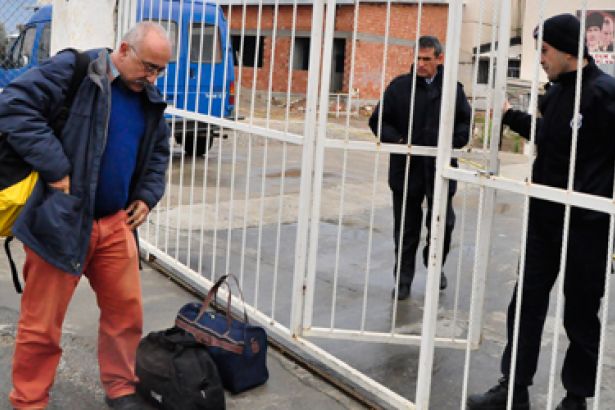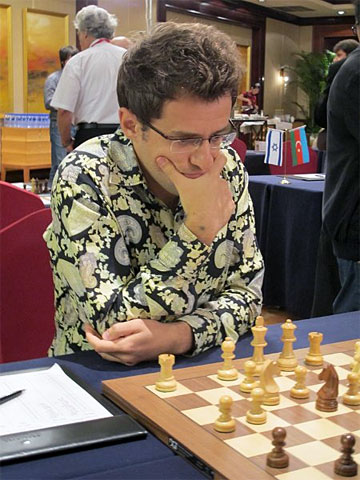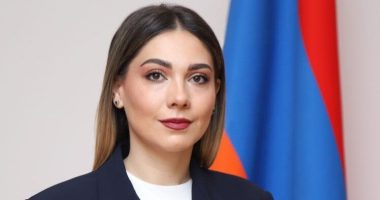WASHINGTON, DC (RFE/RL) — The chief U.S. negotiator in the Nagorno-Karabakh peace process has met with several members of the U.S. Congress to discuss specific measures against increased ceasefire violations in the Armenian-Azerbaijani conflict zone that are strongly advocated by them.
James Warlick, the U.S. co-chair of the OSCE Minsk Group, said he discussed “Nagorno-Karabakh peace” with Ed Royce, the chairman of the House Foreign Affairs Committee, and other members of the panel on Wednesday.
“We agreed to work for a settlement,” Warlick wrote on his Twitter page. He did not give details.
“We need to intensify work towards a negotiated settlement in 2016,” Warlick tweeted on January 1. “The parties say they are willing. If not now, when?”
Royce announced the upcoming meeting with the American mediator last month when he addressed a Capitol Hill event dedicated to the 24th anniversary of Karabakh’s declaration of independence from Azerbaijan. The pro-Armenian lawmaker renewed his calls for the U.S., Russian and French mediators to press Azerbaijan to accept major safeguards against intensifying violence in the Karabakh conflict zone. Warlick was present at the annual event.
Royce initiated in late October a joint letter by over 80 U.S. legislators to Warlick listing three measures which they believe would minimize deadly fighting there. Those include withdrawal of snipers by both warring sides, deployment of more OSCE observers, and installation of gunfire-locator systems on the Karabakh frontline. Warlick reportedly backed the proposed safeguards on behalf of the U.S. State Department.
“Why haven’t those in the Minsk Group moved forward to endorse this?” Royce asked during the December 9 celebration on Capitol Hill. He said he and other members of the U.S. House of Representatives will discuss the matter with Warlick.
The Minsk Group co-chairs have long been urging the conflicting parties to withdraw their snipers and agree to a mechanism for international investigations of armed incidents. These measures are backed by Armenia and the Karabakh Armenians but rejected by Azerbaijan.










